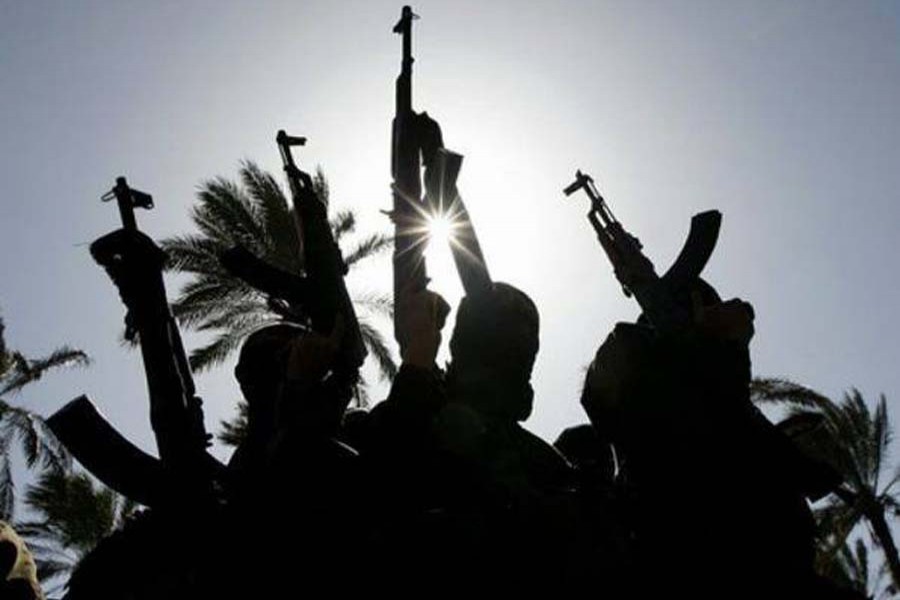
Published :
Updated :

India has banned the Bangladesh-based terrorist outfit Jamaat-ul-Mujahideen Bangladesh (JMB), according to the Press Information Bureau (PIB).
The PIB announced the ban imposed by the home ministry on Friday, a day after the Bharatiya Janata Party or BJP of Hindu nationalists claimed a huge election victory with historic majority.
National security was one of the key mandates of Indian Prime Minister Narendra Modi, who on Thursday scored a dramatic election victory, reports bdnews24.com.
Known as Jamaat-ul-Mujahideen Bangladesh or JMB, the group’s manifestations in any forms such as Jamaat-ul-Mujahideen India or Jamaat-ul-Mujahideen Hindustan are also banned in India from now on.
PIB said a central government notification dated Thursday states the JMB, its other formations and their manifestations have “committed acts of terrorism, promoted acts of terrorism and have been engaged in radicalisation and recruitment of youth(s) for terrorist activities in India”.
Having been banned in Bangladesh in 2005 after random bomb attacks, the group's revived faction Neo-JMB surfaced in recent years.
The banned militant group is blamed for many attacks, including the killings of foreigners at Holey Artisan bakery in Dhaka on July 1, 2016, and killings of secular writers and bloggers, which were claimed by Middle East-based Islamic State or al-Qaeda.
The government and law enforcement said home-grown militants were carrying out the attacks.
Indian law enforcers made one of the latest arrests in August last year.
The arrestee, Mohammed Jahidul Islam alias Boma Mizan, was wanted for his alleged involvement in the 2014 Burdwan blast and last year's Bodh Gaya blast.
Besides arrests in a massive crackdown on militants after the Dhaka café attack, law enforcers in Bangladesh have killed a number of suspects in so-called shootouts during anti-terrorism drives.
In January this year, the law enforcers arrested last fugitive café attack suspects Shariful Islam alias Khalid and Mamunur Rashid Ripon.
According to a report from Indian publication Anandabazar in early 2017, Indian detective agencies believed that Khalid and Ripon were attempting to raise militant groups in West Bengal.


 For all latest news, follow The Financial Express Google News channel.
For all latest news, follow The Financial Express Google News channel.